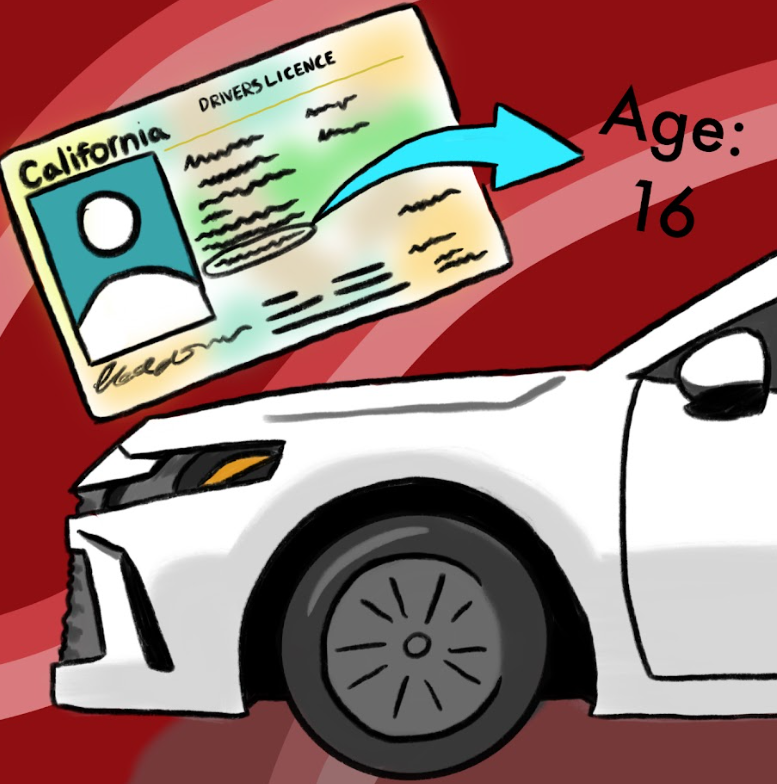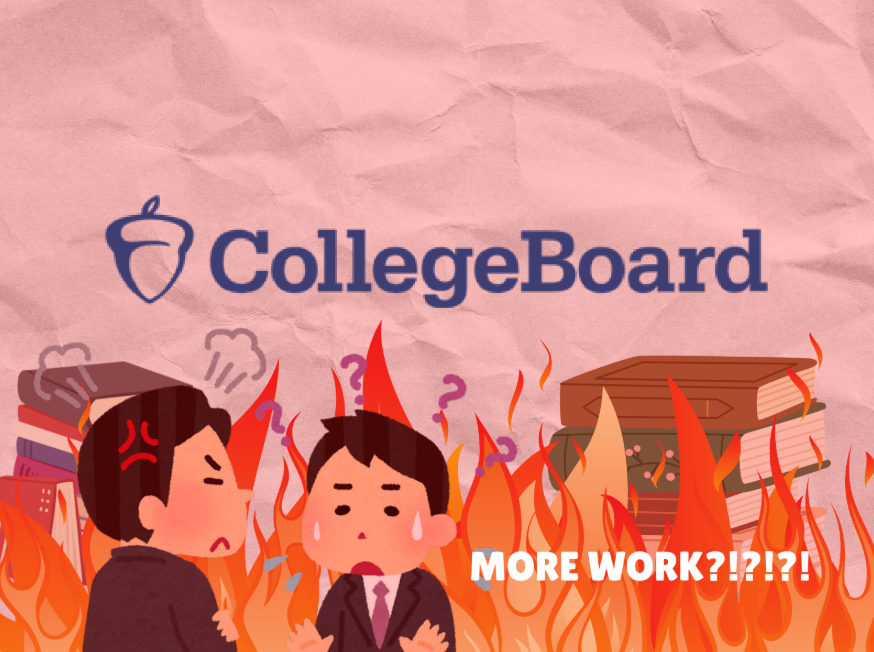Going into the new school year, students might notice that a few new courses are being offered. Astronomy or Intro to Unmanned Aircraft Systems are two new classes that have excited incoming and returning students alike. However, two such courses have disappeared from the schedule: World History Honors and AP Chemistry. These classes were pathways for honors students and now their removal creates consequences. Without World History Honors or AP Chemistry, students must now choose which class they will take in place, but these changes can bring around benefits.
Separate from AP World History, World History Honors required its own curriculum. Therefore, the decision to cut the class may have been due to the rise in student enrollment in General World History and the retirement of teachers. World History Honors still challenged students but was focused less on writing. According to former World History Honors teacher Mr. Dave Gutierrez, he will miss teaching the class because it allowed him to challenge students while focusing less on writing. Students in honors are expected to give more effort simply because they signed up for a harder class. The removal of honors disperses these people into either AP or non-honors. This dispersion may create a bridge between Nonhonors and honors. Nonhonors generally have a less motivating work environment than Honors, while honors students may be more motivated in regular education courses. Their presence may change the environment and push others to put in more effort. Gutierrez is hopeful this will work, and with the removal of honors, he plans to prepare students in World History for AP instead. Only time will tell whether or not this is successful, but hope remains.
However, AP chemistry, is a different case. On College Board’s website, it clearly states under prerequisites that students should take an introductory chemistry course in high school before taking AP chemistry. Even so, many take AP chemistry as their first chemistry class. Former AP chemistry teacher, Mrs. Rachel Taylor explained how she has to teach both introductory and AP chemistry in one year. This has caused very low pass rates in AP chemistry, so removing AP chemistry is understandable. But this move is more planned out than just low AP scores. Taylor explained that removing AP chemistry would force this year’s sophomores to take chemistry, allowing them to take AP chemistry later on with an already basic understanding. The school aims to turn AP chemistry into a junior class instead. This will allow Taylor to focus on the course material instead of reviewing, hopefully resulting in higher pass rates.
While these removals have concerned students and parents, the decision is simple. The difference between the two courses is the amount of outside effort a student will be required to accomplish to succeed in the class. It’s all about effort. Both Gutierrez and Taylor encourage their students to take the next class above. Even if you take the next class below for any reason, both teachers plan to prepare students for AP classes. This change, while creating another decision for students, may better the school’s history and science department by promoting a better history class body or bettering a future AP chemistry class. This is a new method that schools may follow to push students to take other classes.









